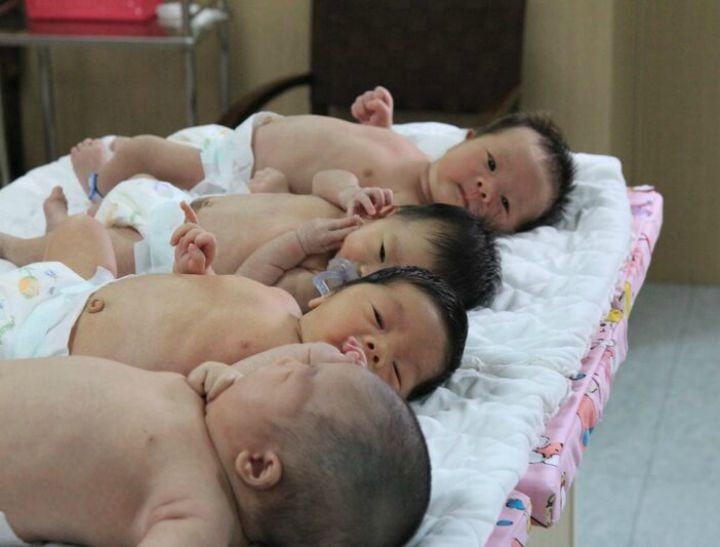
This writer thought it was crazy. Until she saw it up close.
New mothers will tell you that having a baby brings an endless stream of well-meaning, yet unsolicited advice. Yet nothing quite prepared me for the barrage that mothers face in China. Imagine not being able to wash your hair, or go outside for a month after giving birth! To me, this sounded like an outrage.
Confinement is an ancient tradition dating back 2000 years, but it is still widely practiced throughout Asia today. Zouyuzei literally means “sitting out the month.” During the first 30 days, mothers are expected to remain indoors and follow a complex set of rules to care for themselves. One of the most extreme rules is not touching cold water.

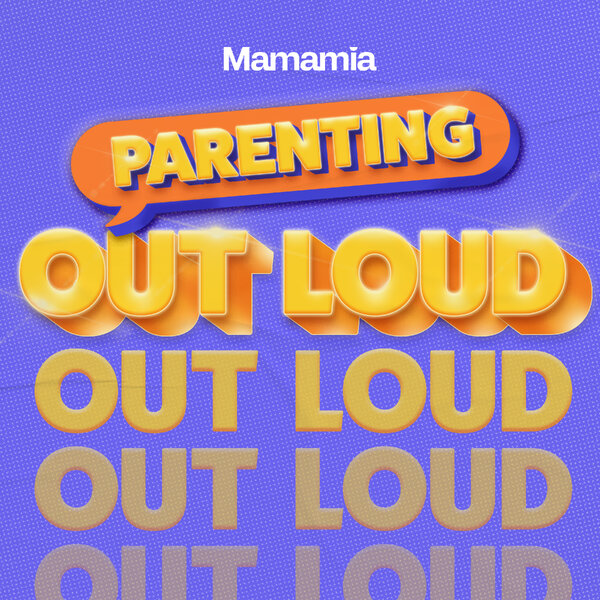

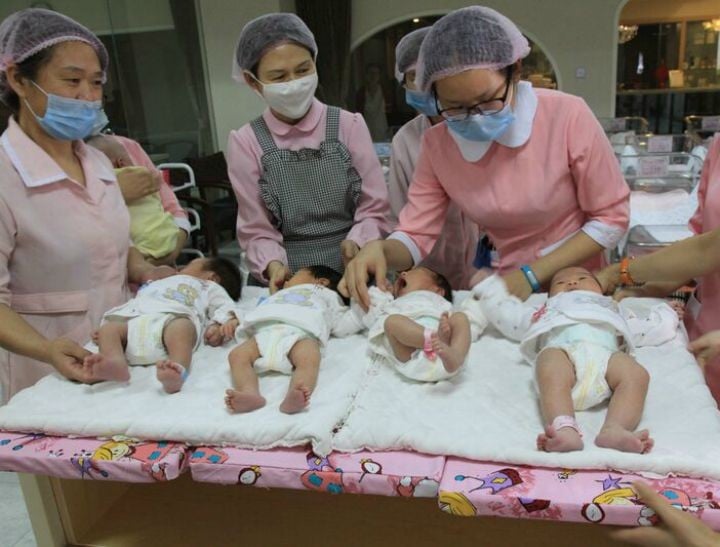
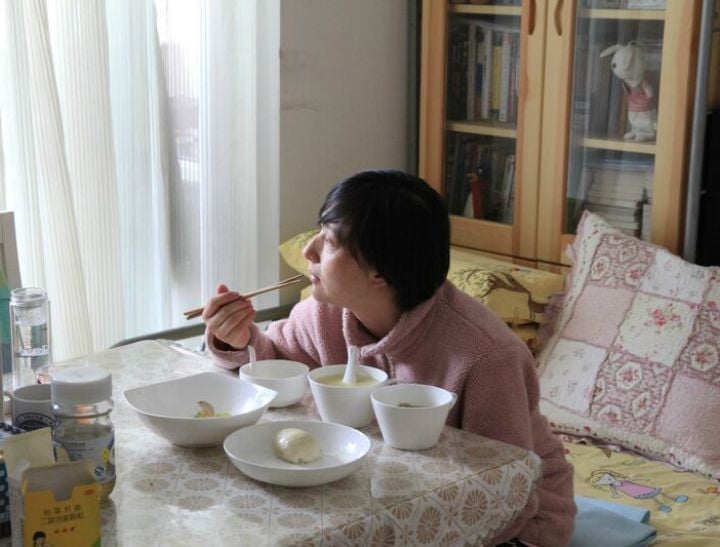
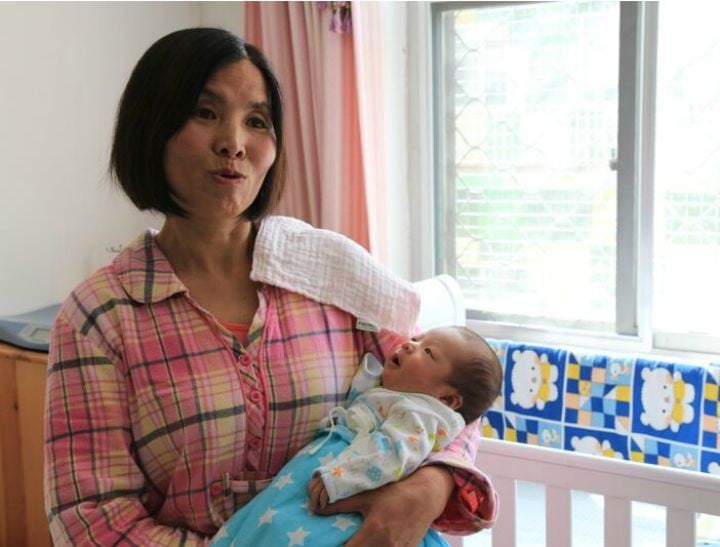
Top Comments
Are you serious? So you are about to fight stereotypes and maybe even some ancient racists roots, and then it all goes away in with this sentence?! " it takes the pressure away" That s your conclusion? that s it? come on... this is not serious? no serious scientific study? maybe it would have been better and more honest to say " well i do not have the ressource to make a serious analysis"
After reading this article I still think it is crazy and denies the mother some of the most important bonding experiences between child and mother. It also explains why Chinese are limited, or choose to only have 1 child. Pretty hard to manage isolation if you have other children in the home. It also goes to show that Draconian Dogma is certainly not limited to religion.
Excuse me but I'm not sure your basis of information is entirely correct here. The reason Chinese people are limited to one child is not a result of confinement practices. Confinement practices have been in place for hundreds if not thousands of years. The one child policy was instituted less than 40 years ago. Multiple children were possible because of community support. Sisters, friends and mothers all there to cook for you, do laundry, and change the baby. It is a great contrast to the American mother alone at home 5 days after birth trying to balance crying baby and making her breakfast.
Also confinement does not mean that you are not bonding with the child. In fact, it is important to do so and before the days of bottle feeding, women would have to wake up with their baby to feed them and during the day, spend time with the baby but confinement as a modern day amenity overstresses mom and baby being separated. To me, the most important aspect of confinement is rest which I think the author conveyed here.
I never bottle fed, only breast. I know how demanding that regimen is and you certainly don't accomplish that, especially with twins, by having other people take care of the baby that YOU brought into the world. Rest, yes, that is important. You don't have to be in confinement where you can't even bathe yourself to get rest and ample help from family, friends and neighbors. My point about one child, is considering the expense and demands of this practice, I cannot imagine trying to carry it out with any other children in the home. I am not unfamiliar with this practice either as my dad married a Chinese women and practiced it as well. Still I do not agree with it, but to each their own.